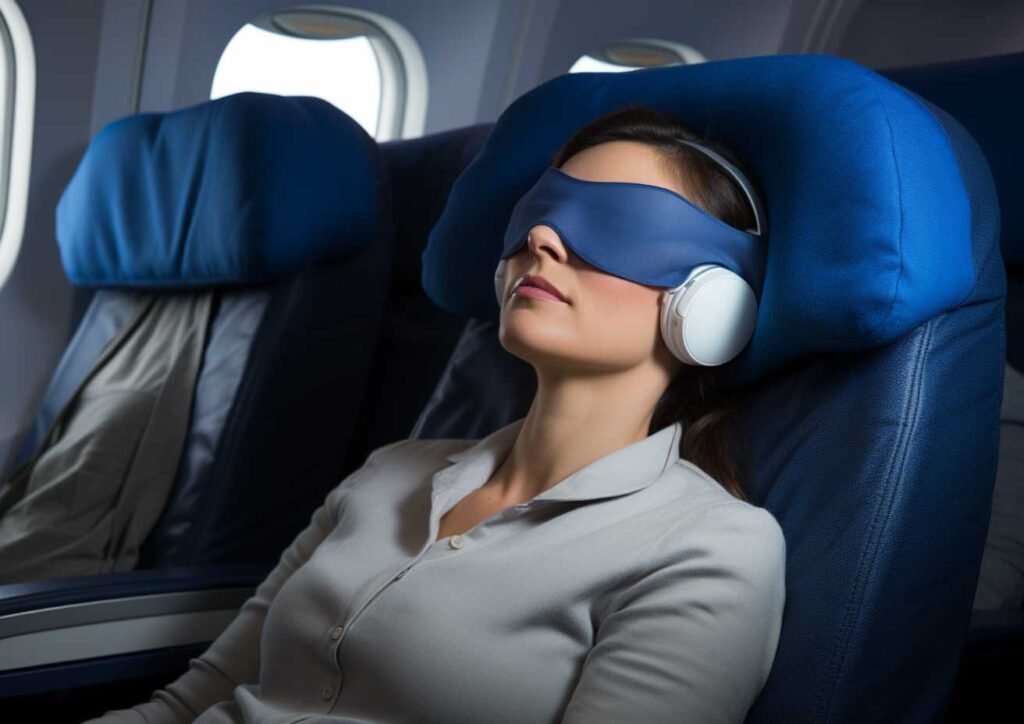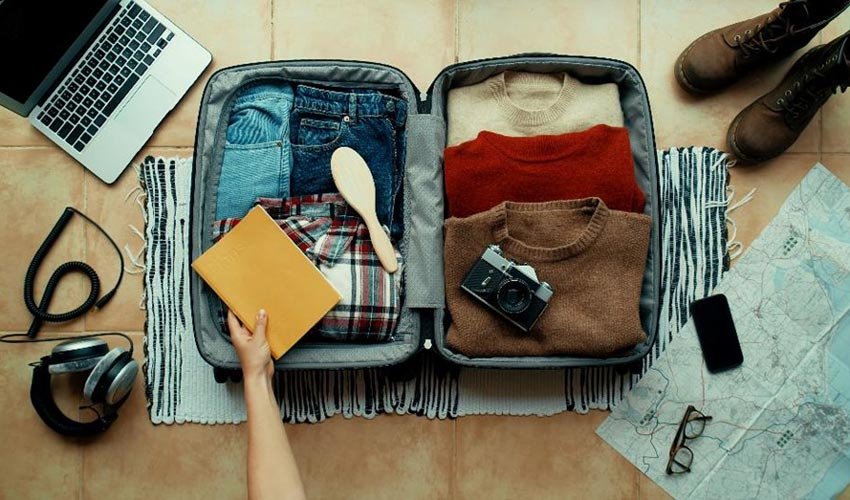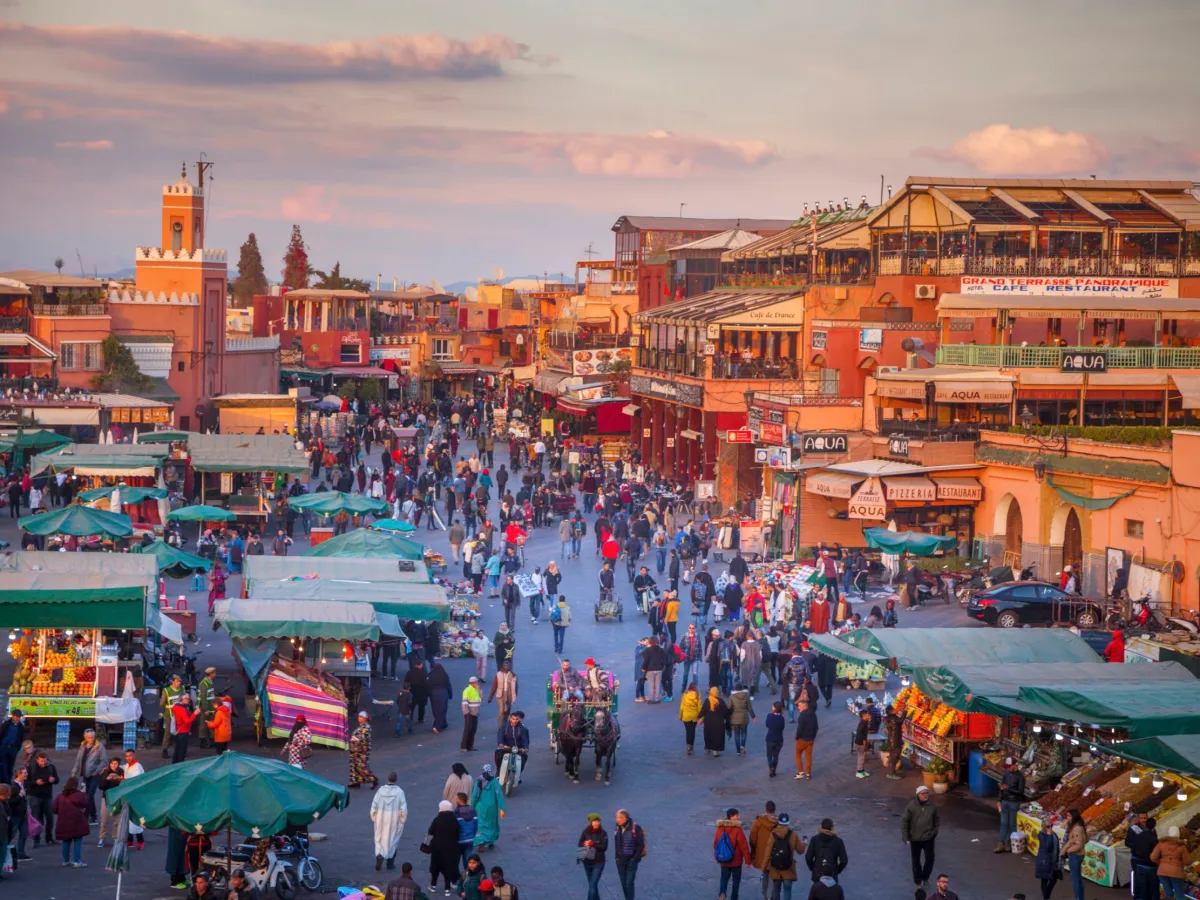
Jet lag is one of those things that can take the joy out of arriving in a new place. You’re excited, ready to explore, but your body feels like it’s in a different time zone—because, well, it is! I can still remember arriving in Tokyo, only to find myself wide awake at 3 a.m., battling a mix of excitement and exhaustion. Adjusting to a new time zone isn’t easy, but with the right techniques, you can make the transition smoother and get on local time faster.
Jet lag occurs because our internal clocks (circadian rhythms) are programmed to a specific schedule based on our original time zone. When we move quickly across time zones, our bodies can struggle to adjust, which is why we feel groggy or have trouble sleeping. Over time, I’ve developed a few trusted jet lag hacks that I personally swear by, and I’ve seen them work for fellow travelers, too.
Here, I’ll walk you through my top strategies for beating jet lag based on research, practical experience, and tips from seasoned travelers. Whether it’s your first time traveling internationally or you’re a frequent flyer, I’m confident these methods will help you feel refreshed and ready to go, no matter where you land.
Gradual Schedule Adjustment
One of the best ways to prepare for a trip across multiple time zones is to adjust your sleep schedule in advance. I know it can be tough, especially if you have a strict work or personal schedule, but even small adjustments help.
Start Shifting in Advance
If possible, I recommend shifting your bedtime and wake-up time by 15-30 minutes each day leading up to your departure. For instance, when I had a trip to Paris planned, I started going to bed 30 minutes earlier each night about a week in advance. It sounds minor, but it made a huge difference—I felt much more refreshed upon arrival.
Adjust Mealtimes
Mealtime is another factor in syncing your internal clock. Studies have shown that when you eat can influence your circadian rhythm. So, if you’re traveling east, try eating earlier each day; if you’re heading west, push meals a bit later. During my Tokyo trip, I set an early dinner time to help my body adjust. That small tweak actually helped me adjust my hunger cues to local time by the second day.
Light Exposure
Light is one of the most powerful signals for regulating our circadian rhythm. Exposure to sunlight in the morning can help you feel more alert and make it easier to fall asleep at night. It’s one of the simplest jet lag hacks, but also one of the most effective.
Morning Light Exposure
If you’re traveling east, like from the U.S. to Europe, try to get as much light exposure in the morning as possible in your destination time zone. When I was in London, I made it a point to spend time outside in the morning. Not only did it help me feel more awake, but it also helped me sleep better at night.
Avoid Light at Night
For those traveling west, like from Europe to the U.S., light exposure in the evening can help you stay awake longer and adjust to the new time zone. One time, when flying back to California from Spain, I made a rookie mistake: I stayed indoors in the morning, and my body never caught up. Now I always plan outdoor activities for my arrival day, especially in the early evening.
Consider a Light Therapy Device
If it’s a business trip where getting out might not be possible, you might consider a portable light therapy device. A friend of mine swears by hers, and after borrowing it for a long-haul trip to Australia, I was amazed at how quickly I adjusted.
Hydration and Nutrition
Staying hydrated can make a world of difference when it comes to jet lag. Airplane cabins are notoriously dry, and dehydration can make symptoms like fatigue, headaches, and irritability worse.
Drink Plenty of Water
I can’t stress this enough: stay hydrated! I aim to drink a liter of water for every four hours of flight time. A trick I use is to bring a refillable water bottle and ask the flight attendants to fill it up whenever they can. And yes, you’ll make more trips to the restroom, but it’s worth it to keep your energy levels stable.
Limit Alcohol and Caffeine
While it’s tempting to have a glass of wine to relax, alcohol can actually worsen dehydration. Caffeine, too, can disrupt your sleep patterns, so I recommend limiting both, especially in the 3-4 hours leading up to sleep. When I cut back on coffee during a trip to Argentina, I found that it was easier to stick to a sleep schedule.
Fuel with Balanced Meals
Eating protein-rich meals and complex carbohydrates can help stabilize your energy. In contrast, heavy, greasy foods often leave you feeling sluggish, so I avoid those as much as possible when traveling. I remember a layover in Singapore where I indulged in spicy street food—it was delicious, but my body wasn’t happy with me the next day! Now I stick to lighter fare and snack on nuts or fruit.

Sleep Aids and Strategic Napping
Sometimes, sleep aids can be helpful in resetting your body clock. But it’s important to use them strategically—using the wrong type of aid can actually backfire.
Melatonin Supplements
Melatonin, a natural hormone that signals the body to sleep, can be especially useful for managing jet lag. I’ll occasionally use melatonin for eastward travel, as it’s often harder to fall asleep earlier. A small dose about 30 minutes before bed on the first night can help me doze off more easily. But I keep it to a low dose—around 1-3 mg—since more isn’t necessarily better.
Power Naps
A short nap can be great, but I keep it under 30 minutes. Long naps can actually make it harder to adjust. On a trip to Beijing, I learned this the hard way—my three-hour nap left me wide awake all night, which made the next day brutal. Now, I stick to 20-30 minute naps to feel refreshed without disrupting my nighttime sleep.
Staying Active
Getting some exercise upon arrival can really help your body adjust to a new time zone. It doesn’t have to be intense—light activity can be beneficial, too. I love going for a walk or doing a quick yoga session in my hotel room.
Walk or Exercise Outside
Fresh air and natural light are a winning combo for resetting your internal clock. After landing in Rome, I went for a light jog around the neighborhood. Not only did it boost my energy, but it also helped me stay awake until bedtime.
Stretch and Move During the Flight
One simple tip: don’t stay seated the whole flight. Stand up, walk around, and do a few stretches. Long flights can make you feel sluggish, so I make it a point to get up every hour or so. It also helps prevent muscle stiffness and boosts circulation, which is especially helpful for long-haul travelers.
Conclusion
Traveling across time zones doesn’t have to mean days of jet lag if you take a few proactive steps. Personally, I find that the more I incorporate these hacks—adjusting my sleep schedule, managing light exposure, staying hydrated, and sticking to a meal and exercise plan—the quicker I adjust to local time. Over the years, these small but effective steps have turned what used to be a dreaded experience into one that feels manageable.
Next time you plan a trip, try a few of these jet lag hacks and see what works best for you. With the right approach, you’ll be able to make the most of every day, even when you’re far from home. Safe travels!
















